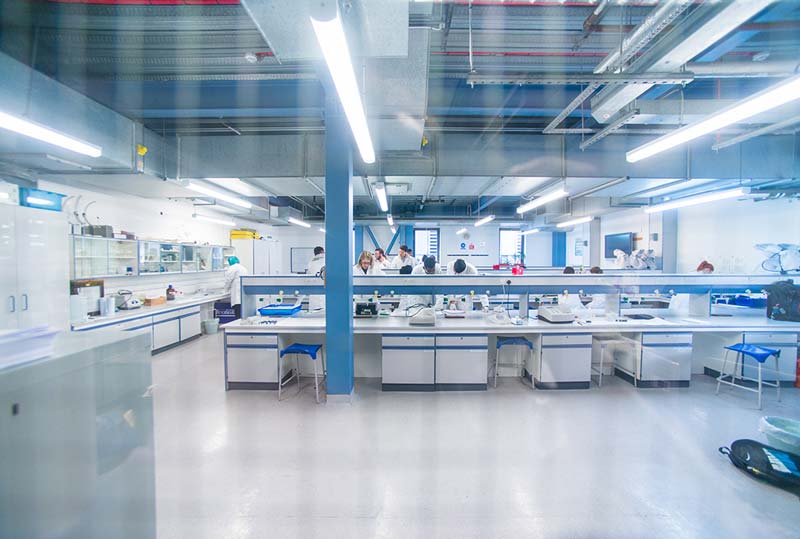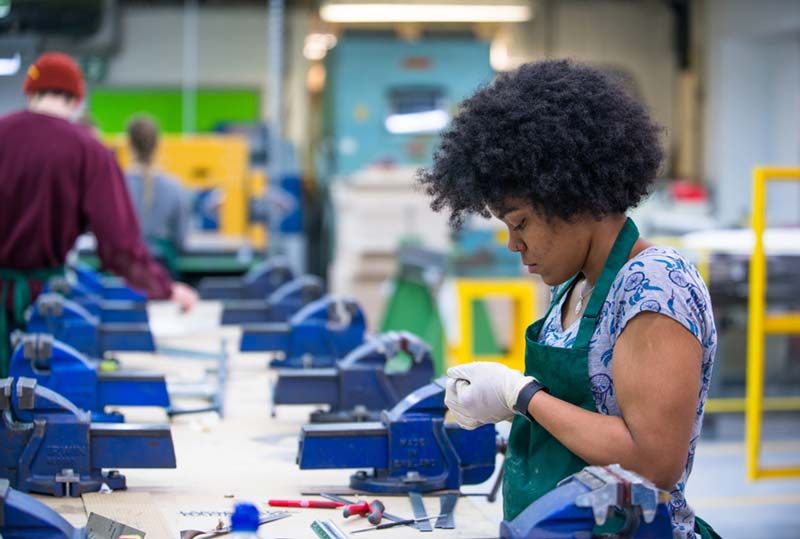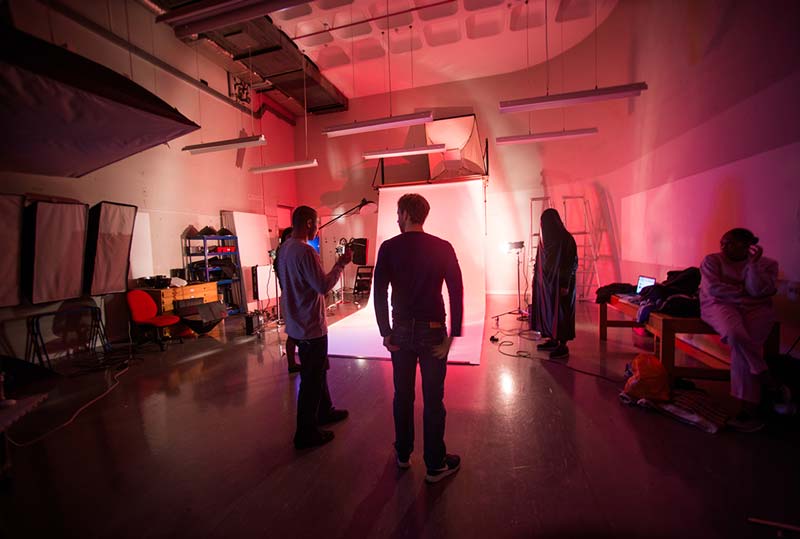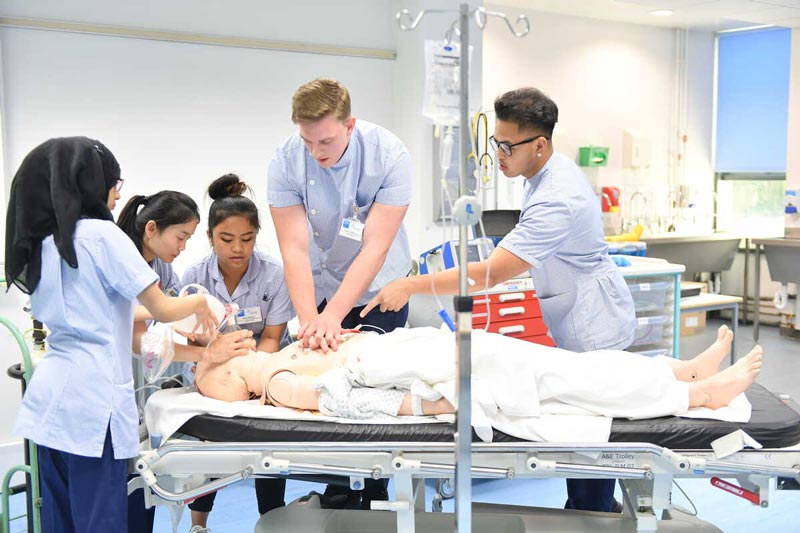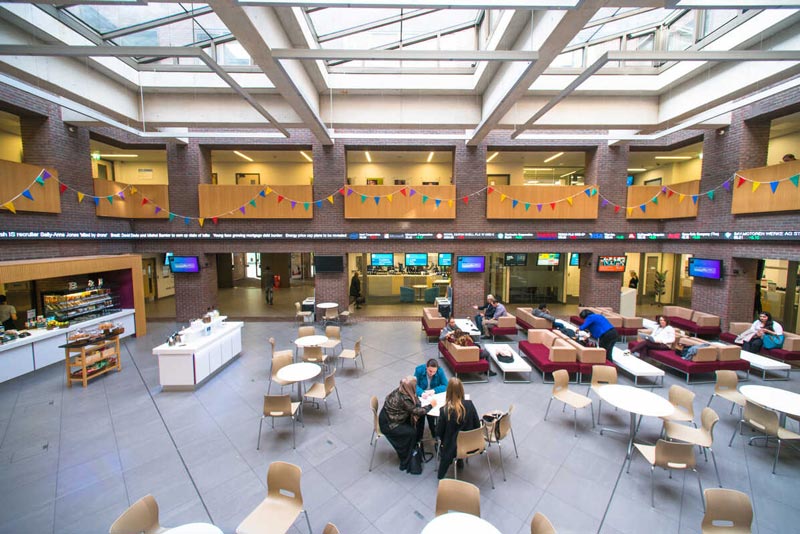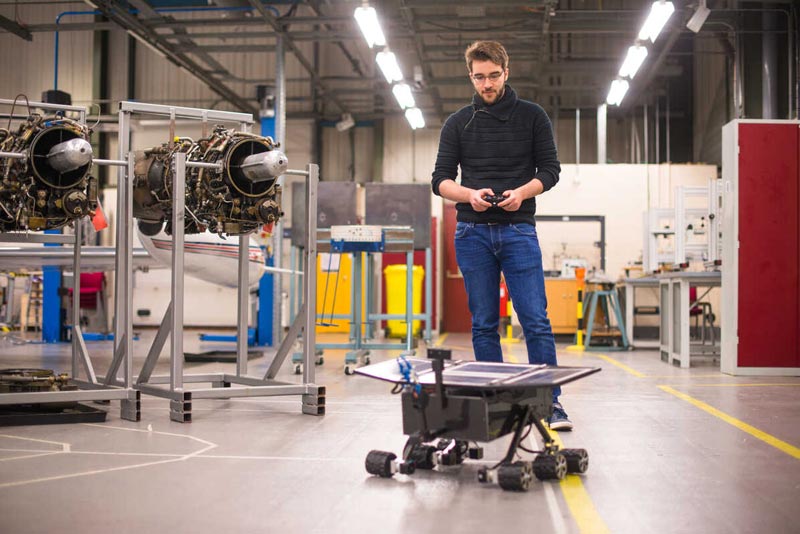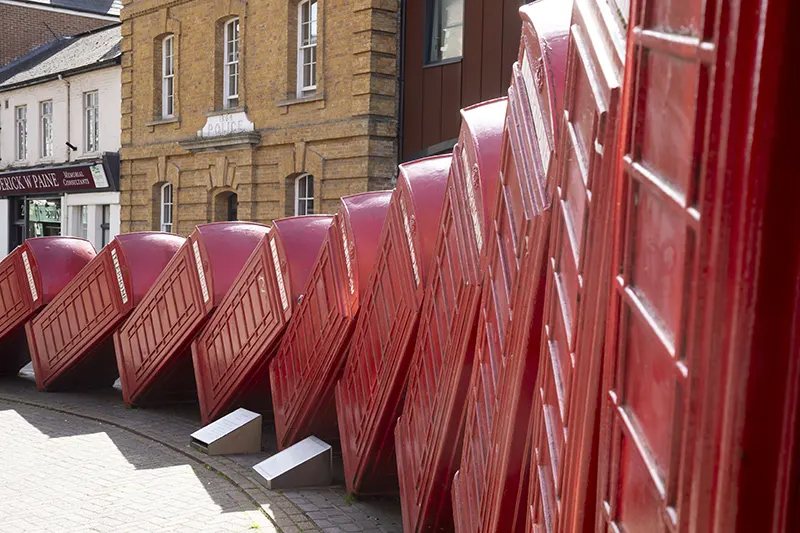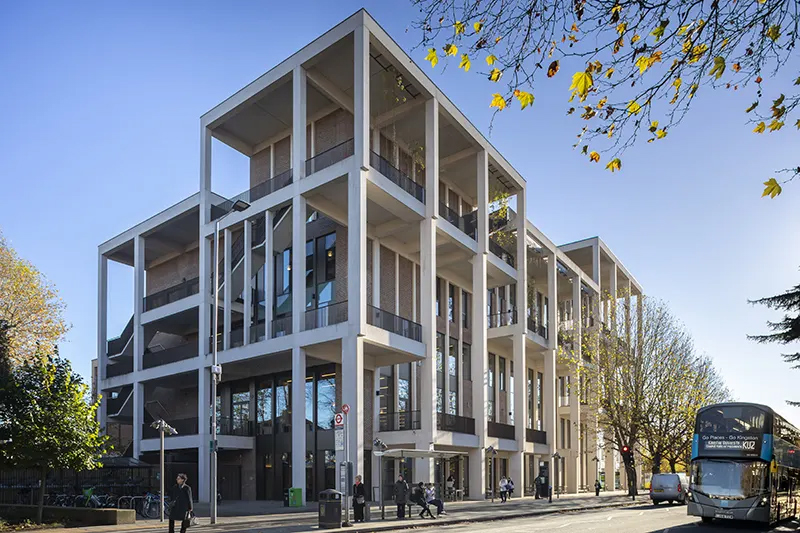On our Mechatronic Systems MSc course, you'll use equipment from National Instruments, Quanser, Agilent Technology, Rethink Robotics and different microcontrollers. Based on our Roehampton Vale campus, you’ll benefit from access to industry-standard facilities including: rolling roads, automotive testing facilities, a Lotus Exige; and cars and motorcycles built by engineering students.
In our Robotics modules we use industry-leading software to provide a realistic, hands-on experience. We employ RoboDK for intuitive robot simulation and offline programming, with its extensive robot library and robust post-processing, students can visualise and refine robot paths. CoppeliaSim offers a flexible 3D simulation platform that supports multiple physics engines and a powerful API for modeling complex robotic scenarios. Furthermore, students will be resorting to Matlab/Simulink for robotics, control, and machine learning—supporting detailed system modeling, real-time simulation, algorithm development, and automatic code generation. Together, these tools ensure our students gain the practical skills needed to excel in robotic control and advanced automation.
Our applied approach to teaching is supported by dedicated laboratories for mechanical, automotive and motorsport engineering, including wind tunnels, state-of-the-art rapid prototyping and manufacturing machinery, and a fully-equipped materials lab. Experiment with engine test cells, an automotive diagnostics lab, and a modern electronics/robotics lab.
Expert academic support from faculty members with strong industry links ensures a comprehensive learning experience. Academic staff within the Department of Mechanical Engineering continue to practise and research at the cutting-edge of their discipline. While our London location places you at the heart of one of the world’s leading engineering and technology hubs. This course is designed to keep you at the forefront of technological innovation, equipping you with the skills and knowledge to take on leadership roles in advanced engineering sectors.
You can also achieve an MSc accredited by the Engineering Council and the Institution of Mechanical Engineers. In doing so, you’ll also meet, in part, the requirements for registration as a Chartered Engineer.












